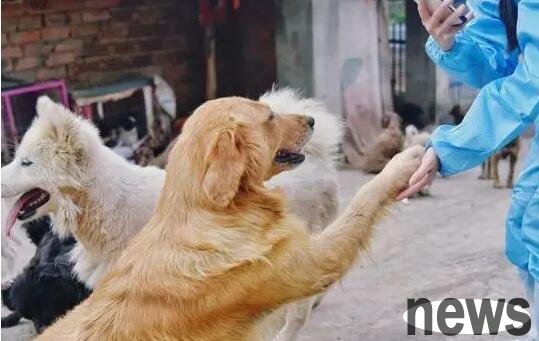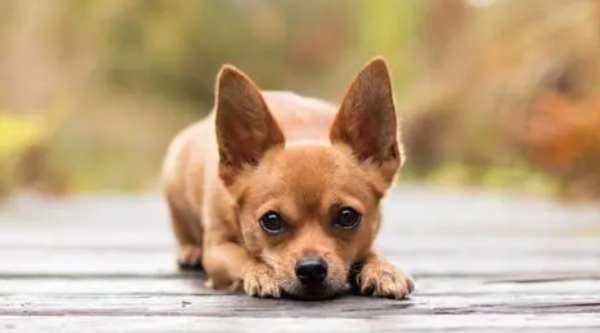Can cats control their purring independently?
One of the most satisfying things in the process of raising a cat is to listen to the cat snoring around you
And many people will tell you that cats snoring means satisfaction and happiness
But in fact, cats snoring does not only mean happiness
, and there is little knowledge about how cats purr, why cats purr, or whether the purr is an intentional or unintentional behavior.
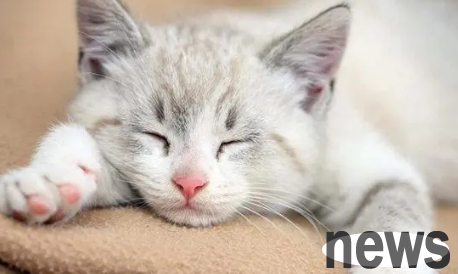
Let's talk about this today how cats purr?
According to the journal Zoology, cats purr through the muscles of the throat and the diaphragm.
When they inhale and exhale, cats activate their throat muscles, which leads to a glottic obstruction. When the muscles open again, the sound comes.
The same thing happens to the diaphragm when the cat inhales.
However, the throat produces sounds and vibrations related to snoring, and the diaphragm is only responsible for controlling the airflow.
Is the cat's purring autonomously controlled?
Does the cat's purring are unconscious and unable to help themselves?
NO!
The fact is that cats can purr according to their own wishes.
Cat communicates with us in different ways of vocalizing.
Purging is such a form of vocalization, which is often used by cats to ask for food or pay attention.
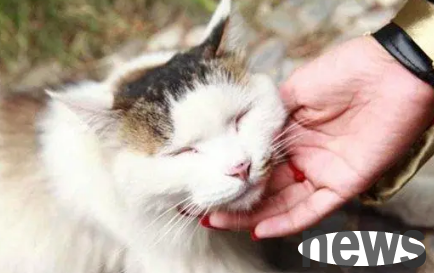
Purging is the first way for kittens to learn because they need to let their mothers know that they are hungry through purring.
Although it was instinctive at the beginning and completely involuntarily, as they grew up, they would gradually learn how to use it.
In other words, the grunt can be conscious or unconscious.
When will cats purr?
So, when will cats purr on their own initiative?
The answer is:
The cat will purr when asking for food.
The purr sounds different from the involuntary purr of a cat when relaxing.
A study pointed out that spontaneous grunts are low and sound more urgent.
Kittens start purring when they are just born because they need a way to tell mom they are hungry.
It is said that kittens correctly socialized and raised by cat mothers will actively purr at humans when they grow up.
Cats separated from their mothers too early may not learn to associate purr with access to food.
However, they also ask for food from their owners in other ways.
For example, cats can't help but purr, in addition to the purr when requesting food, it may be that the cat deliberately initiates that the cat will purr involuntarily when experiencing strong emotions.
Just like their behavior of lowering ears, sniffing, or dilated pupils, grunting can also be an unconscious response to the situation cats are experiencing.
The emotions associated with grunt can be negative or positive, for example:
① Satisfies:
snoring is usually associated with happiness.
When a cat is happy, relaxed and satisfied, it will involuntarily purr in response to satisfaction.
It is also easy for us to tell when a cat makes a happy purr.
Because grunts are usually accompanied by other signals of satisfaction, such as relaxed postures, blinking slowly, stepping on breasts and rubbing.
② Fear
When a cat feels scared, it will also purr it, but this is a purr of fear. When a cat is frightened, the purr will be relatively low.
The fearful snoring is accompanied by signs of other defensive body language, such as a shrinking tail, dilated pupils and flat ears.
③ Stress and frustration:
The continuous purr is related to the stress and frustration of the cat.
The grunts when they are afraid or happy are temporary and disappear when their source of reaction is removed.
However, if your cat keeps purring for no reason, it may be because it is very annoying.
Gurgling out of pressure and frustration is a kind of grunt that many owners do not notice.
Why do you snore when you are irritated?
Because they comfort themselves with grunts. It's totally instinct, just like people combing their hair with their hands when they comfort themselves.
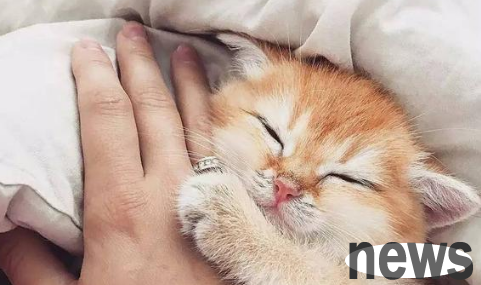
In short, cats are better at expressing than in our consciousness, and their bodies react differently when they feel extreme emotions, such as joy, depression, or fear.
Unconsciously speaking is just one of many ways cats react to certain situations, whether positive or negative.
Does cats purr when they are sick?
Does cats purr when they are sick?
Studies have shown that cats purr when they get sick because they use this as a treatment mechanism.
It has been proven that cats' purring can:
Treat fractures
Help muscle growth
Healing wounds
Relieving pain
However, it is not known whether purring in this situation is controlled by cats on their own. On the one hand, it is possible that cats will automatically purr when they are sick, just as they will reduce their exercise to preserve energy when they are sick. This is an unconscious action that can help them survive.
But this does not explain why cats purr around their sick owners.
As we all know, cats are very sensitive to their owner's emotional needs.. They are smart creatures that can tell when humans feel uncomfortable.
When the owner is injured or sick, the cat usually snuggles next to the owner and begins to purr for a long time.
So, some people wonder if it is the cats who know that their purring has a healing and soothing effect?
However, this is still a mystery, and I hope someone will conduct in-depth research in the future!


